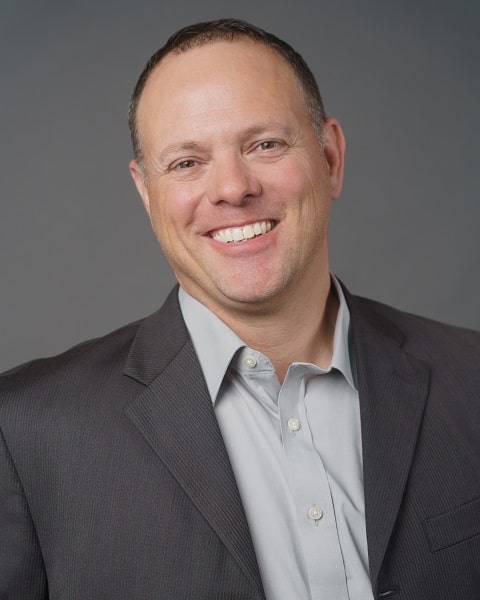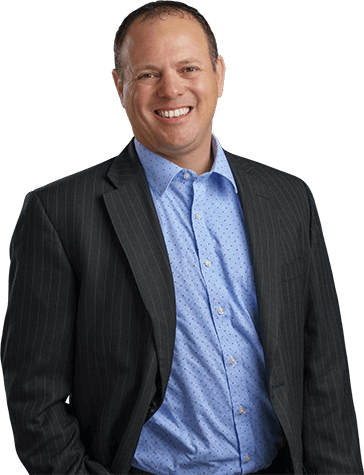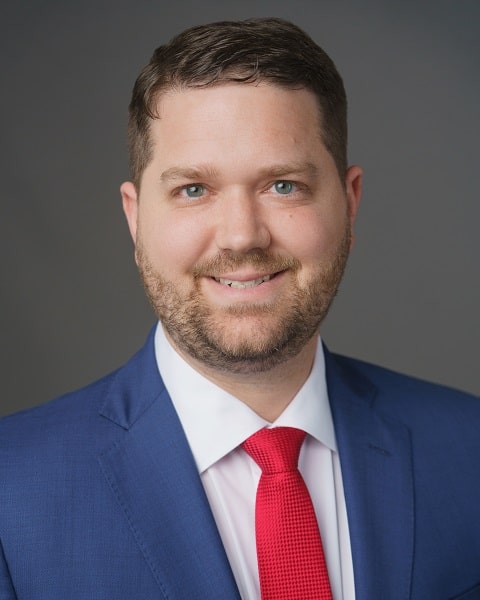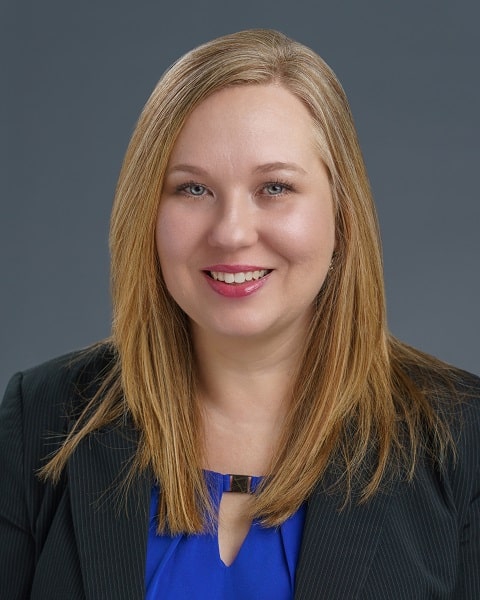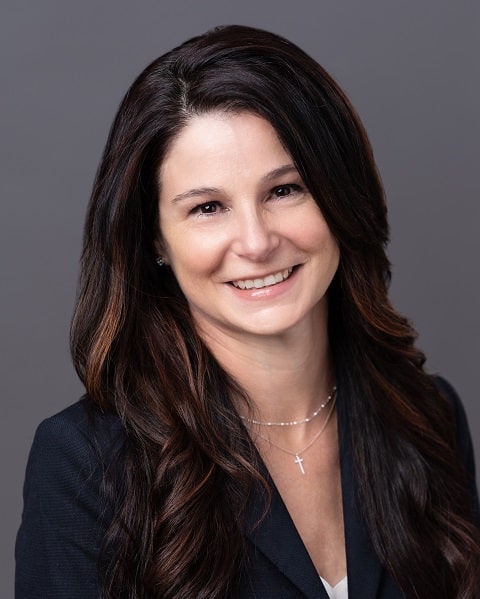In the aftermath of Hurricane Ida, thousands of Louisiana residents have made property insurance claims.
Premiums were diligently paid month after month, year after year. In return, homeowners believed if and when disaster struck, they were protected. Homeowners, like you and I, invested in a promise that insurance claims would be paid fairly and promptly so our homes could be rebuilt without delay.
Unfortunately for many people, the promise was broken. Over 7 months after Hurricane Ida, so many Louisiana residents are still waiting for fair and adequate payment for their repairs.
What does it mean when an insurance company acts in bad faith?
Louisiana has “bad faith” laws designed to discourage bad and predatory behavior by insurance companies and compensate the victims of such behavior.
In Louisiana, all insurance companies are legally required to act in good faith and fair dealing when investigating, adjusting, and settling claims.
According to Louisiana Revised Statute § 22: 1973, insurers have an obligation to adjust claims in a timely and efficient manner and to make a reasonable effort to settle all claims.
Insurance companies also have a duty of good faith to adjust and pay claims fairly and promptly after the insured has filed a claim. Louisiana Revised Statute § 22:1892 details the timelines and requirements insurers must follow for fair and prompt adjustment and payment.
Louisiana bad faith insurance laws are designed to protect homeowners from breach of contract by the insurance company including refusal to pay fully and/or delayed payment of valid insurance claims.
Examples of Hurricane Claim Bad Faith by Insurance Companies
Some examples of bad faith include
- Not beginning the adjustment of the claim promptly
- Misrepresenting pertinent facts or insurance policy provisions
- Not paying claims within 30 days after receiving “satisfactory proof of loss”
- Failing to pay a valid claim if the failure was “arbitrary, capricious, or without probable cause”
- Failing to provide a copy of the adjuster’s report within 15 days of request.
- Failing to include overhead and profit for a general contractor
What happens when an insurance company acts in bad faith?
If an insurance company is found to have violated Louisiana’s laws and acted in “bad faith,” it can be forced to pay financial penalties of 50% of the amount owed to the insured on top of the damages originally owed on your claim under La. Rev. Stat. § 22: 1892. The insurance company must also pay the attorneys’ fees of the policyholder it wronged.
Under La. Rev. Stat. § 22: 1973, the insured may be awarded further compensation.
This compensation can reach an amount no greater than two times the damages the claimant sustained or $5,000, whichever amount is greater.
Updated Louisiana Bad Faith Statutes in 2021
In 2021, the Louisiana Legislature updated and amended one of its bad faith statutes, LA R.S. 22:1892
Changes include:
- Insurance companies are required to give the insured a copy of the field adjuster’s report within 15 days of request. (22:1892A(5)).
- For declared disasters, the minimum award of attorney fees and the penalty for bad faith non-payment of a claim or settlement agreement are increased from $1,000 to $2,500. (22:1892 B(1)(b)).
- Property insurance policies must provide notice that depreciation may be withheld or deducted. (22:1892 B.(6)(c)).
- When depreciation is deducted, the insurance company must provide a written explanation of how it was calculated. (22:1892 B.(6)(d)).
- Depreciation deducted must be reasonable based on objective and subjective criteria that include the actual condition of the property before the loss. (22:1892 B.(6)(e)).
- Insurance companies cannot require that repairs be made by a preferred vendor or contractor. If the insurer makes a recommendation, it must tell the policyholder that there’s no obligation to use that person or company. (22:1892 E.(1) and (2)).
- Overhead and profit must be included in loss payments when it is reasonably foreseeable that a general contractor will be needed. (22:1892 F.(1)).
- Insurance companies cannot deduct prospective contractor overhead and profit nor sales tax from the adjustment or settlement. This applies to both Replacement Cost and Actual Cash Value policies.(22:1892 F.(1) and (2)).
- For insurance policies issued on or after January 1, 2022, if the insurance company and policyholder cannot agree as to the amount of the loss, then either party can demand appraisal. (22:1892 G.)
New Bad Faith Statutes Proposed for Louisiana in 2022
Louisiana lawmakers have introduced 3 dozen bills to add more bad faith laws in the 2022 legislative session.
These proposals include requiring insurers to send fact sheets and disclosures to policyholders after a catastrophe to improve transparency. Another sets a limit on the number of adjusters that can be assigned to your case to deter the adjuster churn so many of us have experienced.
One proposal with the potential to make the biggest impact would require the insurer to make payment within 60 days of the initial inspection. Currently, payment must be made within “60 days of receipt of satisfactory proof of loss” but this language is rather ambiguous.
Some other proposals would increase the bad faith penalties and fines insurers must pay.
Is it Bad Faith if the insurance company keeps changing my adjuster?
Every case that we are working on, including our own, has had a steady revolving door of adjusters. A caller yesterday was on her 6th field adjuster and 8th desk adjuster.
Complaints about adjusters are common – and one of the biggest complaints is every time a new adjuster gets involved the insured inevitably gets the “I’m new to this file and don’t see everything, can you resend it?” line.
These are often large, multi-billion-dollar insurance behemoths and they cannot ensure the documentation sent by the policyholder – who is often without a home, furniture, electricity, etc. – is properly cataloged and then require their beleaguered insureds to send all of the info again. This is one of the biggest complaints I hear.
The other is the “seeming” disconnect between the field adjuster and the desk adjuster. And, in many cases, the missing field adjuster report. Desk adjuster: "Oh we never received the report from the field adjuster, we need to reschedule for someone else to come out." Translation: "We're stalling. Just wait, wait, wait, and wait some more." or worse "That report was too generous so we're sending someone else out to try again."
As noted above, Louisiana did add a provision to its bad faith statute requiring the production of a field adjuster report if requested by the insured – but to date, insurers have resisted turning the report over in many cases. I am sure this will be tested in an upcoming case, but it will likely take a while to work its way through the courts before we see any impact.
While the proposed measures do lend some transparency to the process, they really do nothing to disincentivize the practice of rotating adjusters.
Any potential benefits will take time to see as history has shown insurers will not move quickly to embrace these changes and will likely fight them in court once approved by the legislature and governor.
The Takeaway
I try not to be a cynic, but I’ve personally witnessed the insurance companies blatantly break many of the existing laws to delay payments and get policyholders to give up and accept settlement offers for far less than they are due. So, I’m sure they will find it in their best financial interests to continue to sidestep any new regulations and avoid paying valid claims.
Bad faith penalties are less about hurting/benefiting the insurance industry and more about encouraging sound practices and fair dealing with insureds, especially in times of need.
For years, insurance companies have collected premiums from home and property owners, and then when needed most, many insurance companies hide behind the “this is so big we can’t possibly respond quickly” lie while the home and property owners actually dealing with the catastrophe are left to try and rebuild their lives without the insurance they were promised when they paid their premium.
Bad faith penalties like the one levied in Eaux Holdings, LLC v. Scottsdale Ins. and others should encourage insurance companies to take seriously the duty they accepted when they received a premium and wrote the policy.
If insurance companies do not act in bad faith and take care of their policyholders as promised, the bad faith penalties would be a non-issue.
Here’s an unfortunate truth - only when enough people file bad faith lawsuits to hit the insurers with bad faith penalties and impact the bottom line will insurers decide it’s in their best interests to treat people fairly.
There are many ways in which an insurance company may act in bad faith. If your insurance company failed to handle your claim fairly and you suspect they are acting in bad faith, you should consult hurricane claims lawyer Loyd J Bourgeois for legal advice. We pledge to give you an honest assessment of your claim.
Give us a call at 985-240-9773 or schedule your free consultation.

